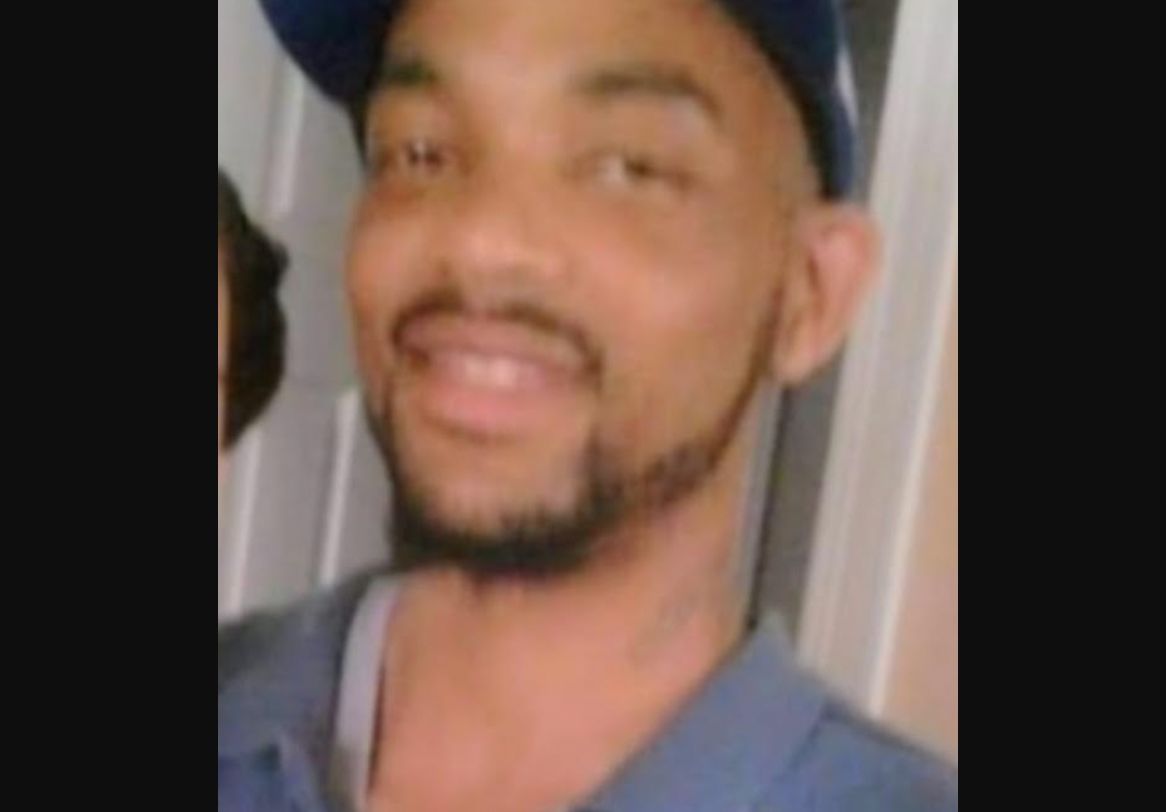[ad_1]
Doressia McKee launched her own investigation to figure out why she received two completely different toxicology reports in connection to her son’s death. She didn’t just question the police but she sought secondary expert opinions that she believes may validate her theory that the reports were fabricated.
The Root previously reported that 38-year-old Freddie McKee was found dead on the front porch of his father’s house in Columbia, Missouri. McKee claims the police botched the investigation into his death, writing Freddie off as a drug addict with no other probe into the mysterious circumstances surrounding his death. The most baffling part of the situation, she says is the fact that she received not one but two different toxicology reports regarding her son’s death.
One report came back flawless while the other one came back showing a lethal amount of eutylone. McKee denies her son ever had a drug addition.
Expert Weighs In
Forensic toxicologist and trial attorney Okorie Okorocha explains that post-mortem toxicology reports, specifically the chemical levels found, don’t necessarily indicate a person’s impairment, the concentration of drugs in their bloodstream, or if an overdose was the cause of death.
Regarding a case like McKee’s, notes Okorocha, who is not involved with the case, “In post-mortem, everything changes and you get random levels and numbers. People with low concentrations of drugs post-mortem get very high concentrations afterwards and vice versa. It’s so drastic that sometimes drugs appear post-mortem that were not there when the person was alive so the levels don’t prove anything.”
Okorocha also said many times the cause of death is determined by a “finding of exclusion.” Therefore, concluding a death as an overdose may not be due to finding something specific but rather the ruling out of any other cause.
Comparison to George Floyd
For reference, Okorocha cited George Floyd’s case, where many insisted the Minneapolis man died of fentanyl use. Daniel S. Isenschmid, the NMS Labs forensic toxicologist who signed off on McKee’s second toxicology report, testified at Derek Chauvin’s trial that Floyd’s level of substance in his blood was 50 percent lower than that found in the blood of people who died of an overdose. In conclusion, it wasn’t the drugs that killed him.
All inquiries to Isenschmid were redirected by NMS Labs to the medical examiner, Dr. Carl Stacy, who has not responded to multiple inquiries from The Root.

No More Blood?
For second opinions on the findings, McKee said she reached out to various experts such as Dr. Satish Chundru and an attorney. However, she was told there were no samples of McKee’s blood left in the lab to test. The Root received the same response when inquiring with Southwest Missouri Forensics.
Though, when asked about the samples, Boone/Callaway County Medical Examiner’s Office death investigator Stacey Huck said it was typical that forensic labs keep an extra blood sample up to two years following the initial testing.
A Probe Falls Flat
McKee took matters into her own hands by filing a complaint against the Boone County Medical Examiner’s Office and Dr. Stacy on allegations of racial discrimination in the handling of her son’s case. The Root inquired about the results of the probe into Dr. Stacy performed by Mizzou’s Office of Institutional Equity and this was their response:
“Ms. McKee’s complaint to the university’s Office of Institutional Equity was investigated by outside counsel. Following their investigation, no violation of university equity policies was found – My understanding is that it is an “outside counsel” firm, but I don’t have any additional details beyond that,” said Christian Basi.
McKee says another source from the equity office asked her if she had an attorney after informing her the university retained a criminal defense lawyer for themselves. According to email correspondences obtained by McKee, it appears Dr. Stacy doesn’t work for the university office anymore.
Hitting A Wall
McKee says she’s not getting answers from the medical professionals who examined her son after his death. Though, she still believes the overdose was a cop out cause of death and something sinister happened to her son.
“This is why I can’t let this go. I will never have a peaceful night. I’ve already cried enough where I can’t even cry anymore.”
Want to know the whole story? Read part 1 for the details on McKee’s investigation…
Straight From 
Sign up for our free daily newsletter.
[ad_2]
Source link